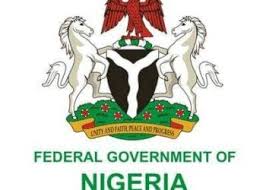Nigerians have blamed naira depreciation, conflicts in food producing regions and soaring transportation expenses among other factors for the increase in the prices of food items and other costs.
The latest food price watch for March 2024, published by the National Bureau of Statistics (NBS), revealed that certain food items have witnessed over 100 per cent year-on-year increases.
Mrs. Ijeoma Ezeasor, a Director at Cutix Plc., emphasized the adverse effects of foreign exchange instability, particularly at the ports, exacerbated by practices within the Nigeria Customs Service which are placing local manufacturers at a disadvantage.
For traders like Bunmi Saheed, a middle-aged wholesale grocery seller in Lagos, scarcity-driven price hikes, attributing them to the unfortunate circumstances facing farmers, many of whom have been either killed or injured.
She further explained the cost of running her business has more than doubled over the past two years.
“I started with N400,000, Then, with N100,000 you could buy four bags of rice. But now that amount can only buy 1 bag and a half. Can you imagine that?” she explained, citing staggering increases in the prices of essential commodities like rice and beans.
Another trader lamented the dwindling initial capital and the challenge of sustaining the business amidst escalating costs.
“We’re grappling with the impact of the price hikes. Our initial capital is dwindling, making it increasingly challenging to sustain the business. As a result, you’ll often find us injecting additional funds when we get to the market.
Ogaga Ologe, Finance Director of Cadbury Nigeria Plc, stressed that attributing rising costs solely to factors like diesel prices is no longer sustainable.



